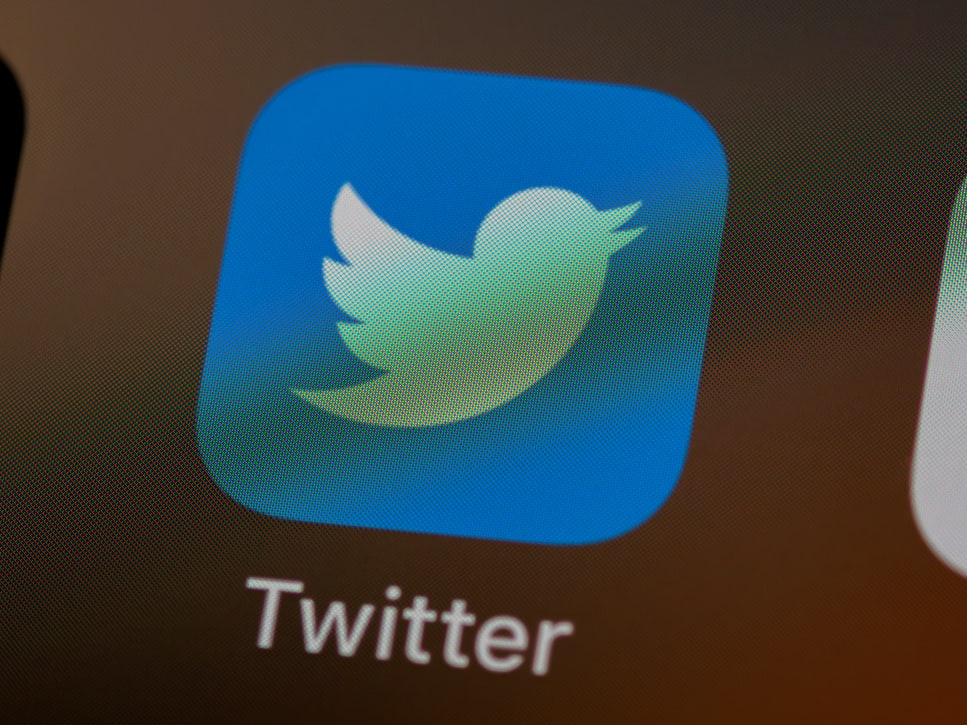Nigeria’s Twitter ban has reportedly left some businesses in the lurch, as scores of small and medium-sized businesses are reeling from the indefinite suspension of the social media platform.
The Nigerian government announced on June 4 that it was suspending Twitter’s operation in the West African country.
According to BBC, mobile networks blocked access after being ordered to do so.
The move came after Twitter deleted a tweet by President Muhammad Buhari for breaching the site’s rules.
Buhari’s post referred to Nigeria’s civil war four decades ago, and it was viewed by some users as a veiled threat towards a secessionist movement in the south east of the country.
A Reuters report said on Monday that NOI Polls estimated that 39.6 million Nigerians used Twitter – 20% of them for business advertisement and 18% to look for employment.
Experts warned its lack of availability could ripple across the economy, the report said.
“The ban has significant collateral damage,” said Muda Yusuf, director-general of the Lagos Chamber of Commerce. He said said that a “sizeable number of citizens” used Twitter to make a living.
Parliament’s minority caucus warned the suspension was costing Nigerians “billions of naira on a daily basis,” the report said.
According to Aljazeera, Gbenga Sesan, executive director of the Paradigm Initiative, a pan-African social enterprise working on digital inclusion and rights said the suspension of Twitter sent the wrong signal to foreign investors, adding that small businesses using Twitter as a source of livelihood in Nigeria would be affected.
“Businesses in Nigeria use digital media to reach customers, expose their brands and communicate with various stakeholders. That will definitely be affected by this erratic decision,” Sesan was quoted as saying.
The country’s information minister Lai Mohammed last week said that all social media sites must register a local entity and get a license to operate.
PICTURE: Unsplash


